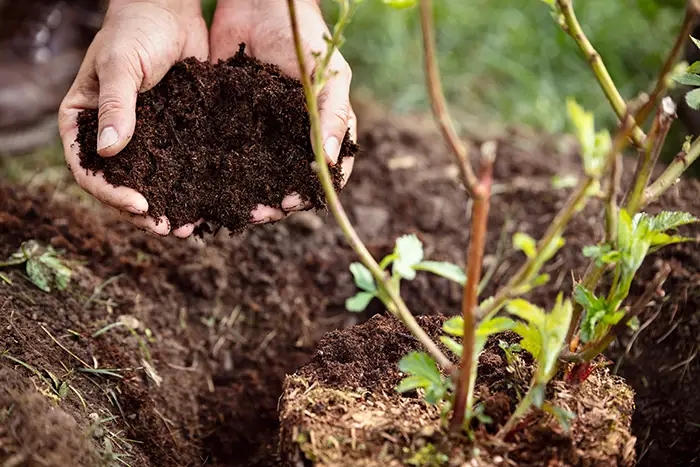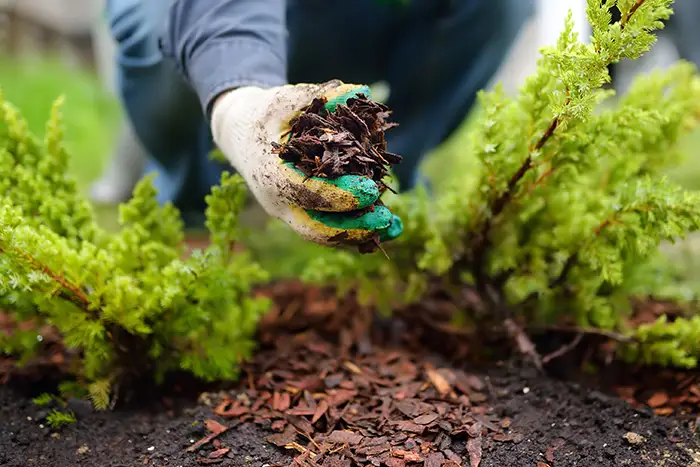Understanding the Lifespan of Mulch
How long does mulch last? This is a common question among gardeners and landscapers. It’s important to know when to replace mulch to keep your garden healthy and looking its best. The lifespan of mulch varies based on several factors. These can include the type of mulch used, weather conditions, and how well the area is maintained. Let’s explore these details further.

Factors Influencing Mulch Longevity
When considering mulching, it’s essential to choose the right type. Organic mulches like wood chips, straw, or leaves decompose over time and enrich the soil. However, they may need more frequent replacement compared to inorganic options. Weather plays a crucial role in determining how long mulch lasts. Heavy rains might cause quicker breakdown, while dry conditions can preserve it longer. Additionally, proper maintenance such as regular topping off ensures that your garden stays neat and tidy.
- Type of Mulch: Organic vs. inorganic
- Weather Conditions: Rainy vs. dry climates
- Maintenance Practices: Regularly adding fresh layers

The Benefits of Replacing Mulch Regularly
A fresh layer of mulch doesn’t just look good; it also serves important purposes. It helps retain moisture in the soil, suppress weeds, and add nutrients as it breaks down. Regularly replacing old mulch can prevent issues like mold or fungal growth. When you see signs that your mulch is breaking down too quickly or losing its effectiveness, it’s time to consider refreshing it.
- Moisture Retention: Keeps soil hydrated longer
- Weed Suppression: Reduces weed growth effectively
- Soil Enrichment: Adds nutrients as it decomposes
How Long Does Mulch Last? Expert Advice from Pros
Control the lifespan of your mulch by monitoring its condition. For professional guidance on how long does mulch last and other landscaping tips specific to [ ln ], contact [ cn ] at [ phone ]. We’re here to help with all your gardening needs!